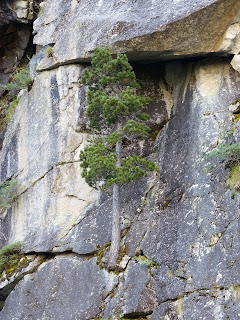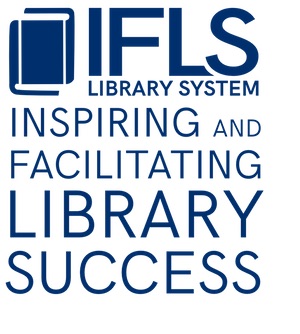 |
| Image from Pixabay |
Many of you have heard of (or even attended workshops about) Adverse Childhood Experiences and the effects of toxic stress on the long-term physical and mental health of people who experience it as children. If you don’t know what this is, check out this TED talk by Dr. Nadine Burke Harris for an excellent 15-minute introduction.
Last week, at an ACEs training at the library in Eau Claire, we spent a whole hour learning about resilience, and how resilience factors can act as protection against some of the more devastating effects of ACEs. There are quite a few, and I am POSITIVE that in every single library in our system there are things happening that will help build resilience in all kids. Maybe learning more about the factors will give you the inspiration to think even more, and from another perspective, about your services. Here they are:
Caring Relationships: Youth have a relationship with someone who conveys compassion, respect, empathy, interest, encouragement, and connecting with others.
That time you spend connecting with kids is NOT wasted!
Meaningful Participation: Allowing young people to have a voice and speak up for what they need. Don’t do for do with them.
This can come into play in everything from art projects where kids get to make the choices and do it the way they want to, to having teens really take charge of events or displays.
High Expectations: Messages of high expectations convey a belief in the youth’s abilities, especially with support. Look for strengths. Provide clear limits and consequences.
Limits and consequences are not bad (especially if kids/teens have a chance to help develop them!).
Mastery Experiences: Tap into the strengths of youth and care about what they are good at.
If you learn a kid likes a type of book, or has a great collection, or has a skill–express an interest in that and maybe even let them create (or help create) a program or display about it. Remember to look for opportunities to do this with kids who might not immediately strike you as being “good” at stuff.
“Real Talk”: Take your conversation to a deeper level. Talk about what interests them.
Listening and expressing interest is really worthwhile! Asking questions about what they are excited about, and letting them tell you all about it is really good for them!
Creative Expression: Provide opportunities to make art, music, theater, building things, science and technology exploration
Maker projects, puppet shows, art projects (especially process art), chances to explore science and technology without needing to worry about outcomes and grades all help build a growth mindset!
Service to Others: Provide opportunities to help others. Kids love to give back.
Like the programs you offer to allow kids to provide something for others (making toys for the Humane Society, blankets for shelters, cards for people who can’t leave home without assistance)
Culture Identity: Provide opportunities to learn about their own culture. Allow students to be seen, heard, and empowered.
Think about your collection! And your displays! And your programs and what you feature! Libraries can be a natural for this!
